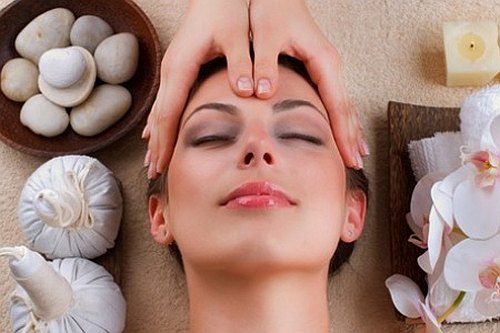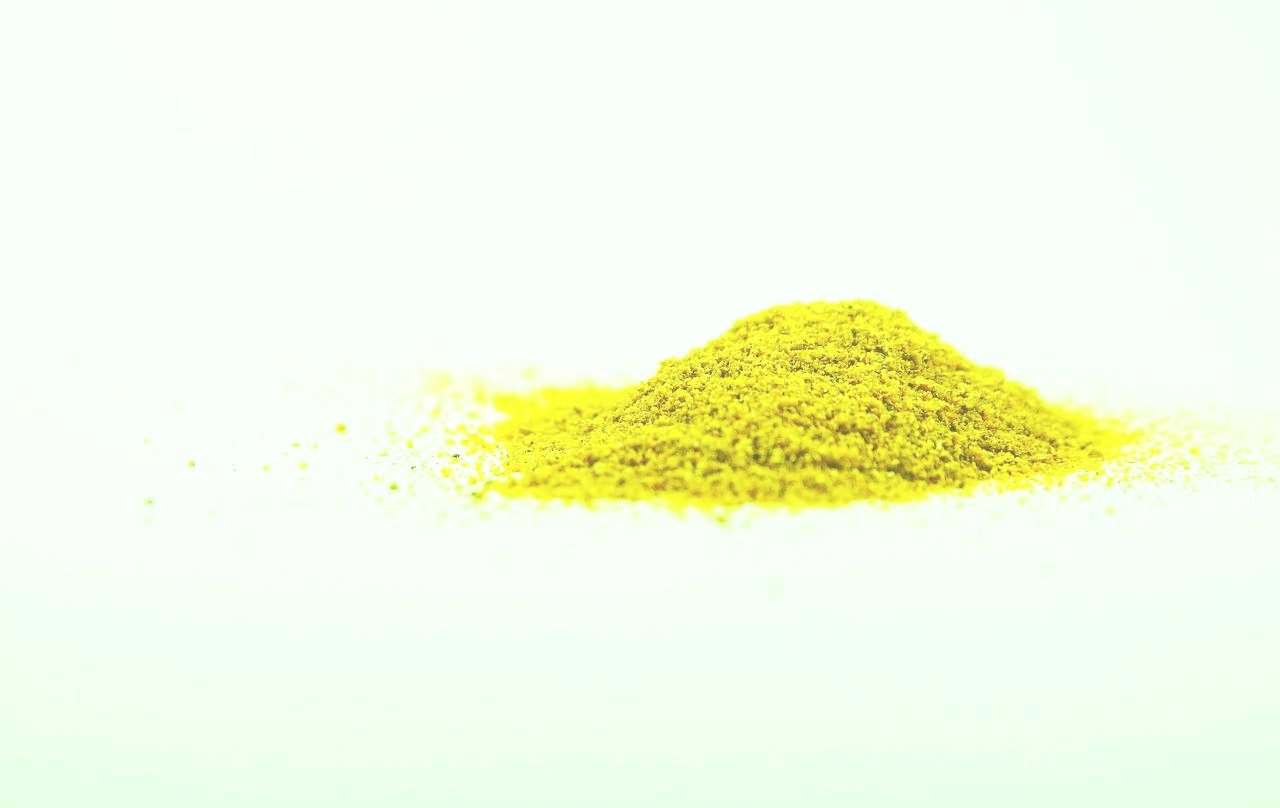Eating disorders affect as many as 24 million men and women in the United States aloneand are the deadliest of all mental illnesses. One-fifth of people who develop anorexia will die from related complications like heart problems or suicide. Conventional treatments for eating disorders include a combination of nutritional and psychotherapies, support groups and even family-based therapies.

Many who struggle with disordered eating respond well to a holistic treatment program that incorporates emotional and spiritual treatments alongside mental and physical ones. Alternative or complementary treatments may not be sufficient to treat eating disorders on their own, but they can be very helpful when used as part of a holistic treatment program. Choose a holistic eating disorder treatment program that incorporates alternative therapies like acupuncture, yoga, meditation, naturopathy, mindfulness practice, massage, aromatherapy or kinesiology.
Acupuncture
Acupuncture is an ancient treatment used in traditional Chinese medicine. It’s performed by piercing the skin with fine needles in specific places. According to traditional Chinese medical beliefs, it works by restoring and maintaining the proper flow of life energy, or qi, throughout the body. It’s good for relieving stress and boosting mood, treating chronic pain and supporting overall physical and mental health.
Yoga
This ancient form of exercise can help a person recovering from an eating disorder get back in touch with his or her body and learn to recognize and honor the body’s needs. It’s been scientifically proven to relieve stress and promote feelings of calm and well-being. When used as part of an eating disorder treatment program, yoga can be an excellent tool for promoting self-care.
Meditation
More than a thousand studies have shown the benefits of meditation for the treatment of chronic pain, anxiety, mood disorders and addictions. There’s no single “right” way to meditate; the techniques are as varied as the practitioners themselves. As part of an eating disorder treatment program, meditation can promote increased feelings of self-acceptance and healthy coping strategies. It can also help the recovering person cultivate an awareness of his or her body and its needs.
Naturopathy
People who suffer from eating disorders also experience severe nutritional deficiencies. Naturopathy involves the use of nutritional and herbal supplements to help the body heal. Popular supplements used include multivitamins, omega-3 fatty acids, creatine, probiotics, holy basil, milk thistle and grape seed.
Mindfulness Practice
Mindfulness practice is a spiritual discipline that teaches practitioners to observe and remain present with their own thoughts and feelings without passing judgment. For people in recovery from eating disorders, mindfulness practice can teach self-compassion and self-acceptance, emotional regulation skills and increased tolerance for distress. It’s an excellent way to combat the feelings of guilt and shame that may surround eating for a person suffering from an eating disorder.
Massage
Research has proven that massage therapy can improve trust levels and decrease perfectionism. By boosting levels of the neurotransmitters dopamine and serotonin in the brain, massage improves mood and can even be an effective therapy for depression and anxiety disorders. For people going through eating disorder treatment, massage improves body image and leads to increased feelings of happiness, calm and well-being.
Aromatherapy
Aromatherapy uses essential oils from plants to stimulate emotional responses. It can be used to treat anxiety and stress, boost mood and promote sound sleep. The oils may be inhaled or rubbed onto the skin but should generally not be consumed. People in recovery from eating disorders may find aromatherapy to be an effective remedy for stress and anxiety. Citrus oils, as well as oils that help to change the emotions a person associates with food, are popularly used in aromatherapy for eating disorder treatment.
Kinesiology
Kinesiology is based on the theory that there is a flow of healing energy coursing through the body but that sometimes this energy becomes blocked and needs to be balanced or adjusted. Kinesiologists work to unblockor adjust the body’s natural flow of healing energy. It can be used to treat pain, identify nutritional deficiencies, improve physical coordination and relieve emotional upsets.
When used in conjunction with conventional psychotherapeutic treatments, alternative therapies can be helpful in the treatment of eating disorders. Holistic treatment programs that incorporate alternative therapies seek to address the emotional, social, psychological, physical and spiritual factors that contribute to a person’s disordered eating and recognize that neither mental nor physical illness occurs in a vacuum.
Contributing blogger Alison Ware is a registered dietician who has specialized in the treatment of eating disorders for more than 15 years.



mometasone spray over counter faddece